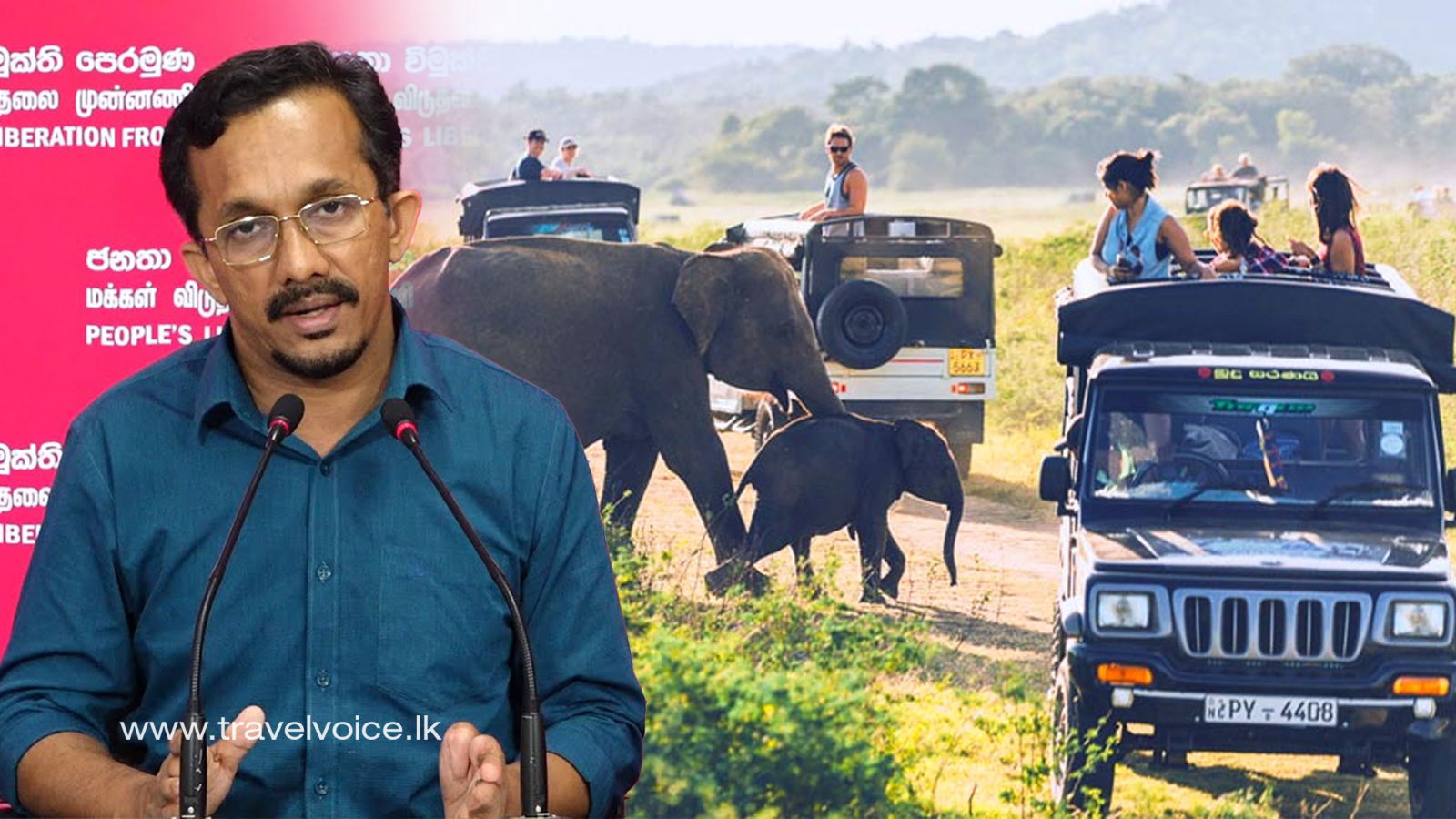The government is set to transform nearly 15,000 hectares of land owned by the Sevanagala and Pelwatte sugar factories into tourism hubs through a public-private partnership (PPP) model. This initiative aims to maximize the economic potential of these vast properties while maintaining sugar production operations.
The lands encompass scenic streams, recreational facilities, and unused bungalows that once served operational needs. The proposed plan includes converting these elements into tourist attractions, offering visitors a unique experience while preserving the area’s natural and historical value.
The sugar factory premises are equipped with approximately 225 km of electric fencing, originally installed to protect sugar cane crops from elephant encroachment. This infrastructure, maintained at an annual cost of Rs. 430 million and supported by 500 employees, adds an attractive dimension for tourists interested in wildlife and conservation efforts.
Strategically located, the properties are bordered by Ella on one side and extend to Yala and Udawalawe on the other, making them prime locations for tourism development. The area’s rich road network and proximity to popular destinations further enhance its potential.
While the transition aims to develop the lands as vibrant tourism zones, sugar production will continue uninterrupted. Visitors will have the opportunity to observe the sugar manufacturing process, adding an educational element to the tourist experience.
Lanka Sugar Company Ltd. (LSCL), which oversees the Sevanagala and Pelwatte factories, believes this transformation will boost economic sustainability. Established in 2012, LSCL has focused on reducing Sri Lanka’s reliance on imported sugar and ethanol, which currently accounts for 90% of the country’s sugar needs. The company’s leadership views the integration of tourism as a strategic move to lower production costs and increase revenue.
Existing infrastructure and workforce resources are expected to attract private investors under the PPP model, fostering collaborative growth. No layoffs are planned for current employees, ensuring job security during the transition. Additionally, a moratorium on new recruitments for the next two years has been announced.
The project aligns with LSCL’s long-term goals of modernizing operations and supporting local farmers while offering a sustainable solution to diversify revenue streams. By integrating tourism with industrial activity, the government aims to position the Sevanagala and Pelwatte lands as economic and recreational hubs in Sri Lanka.











